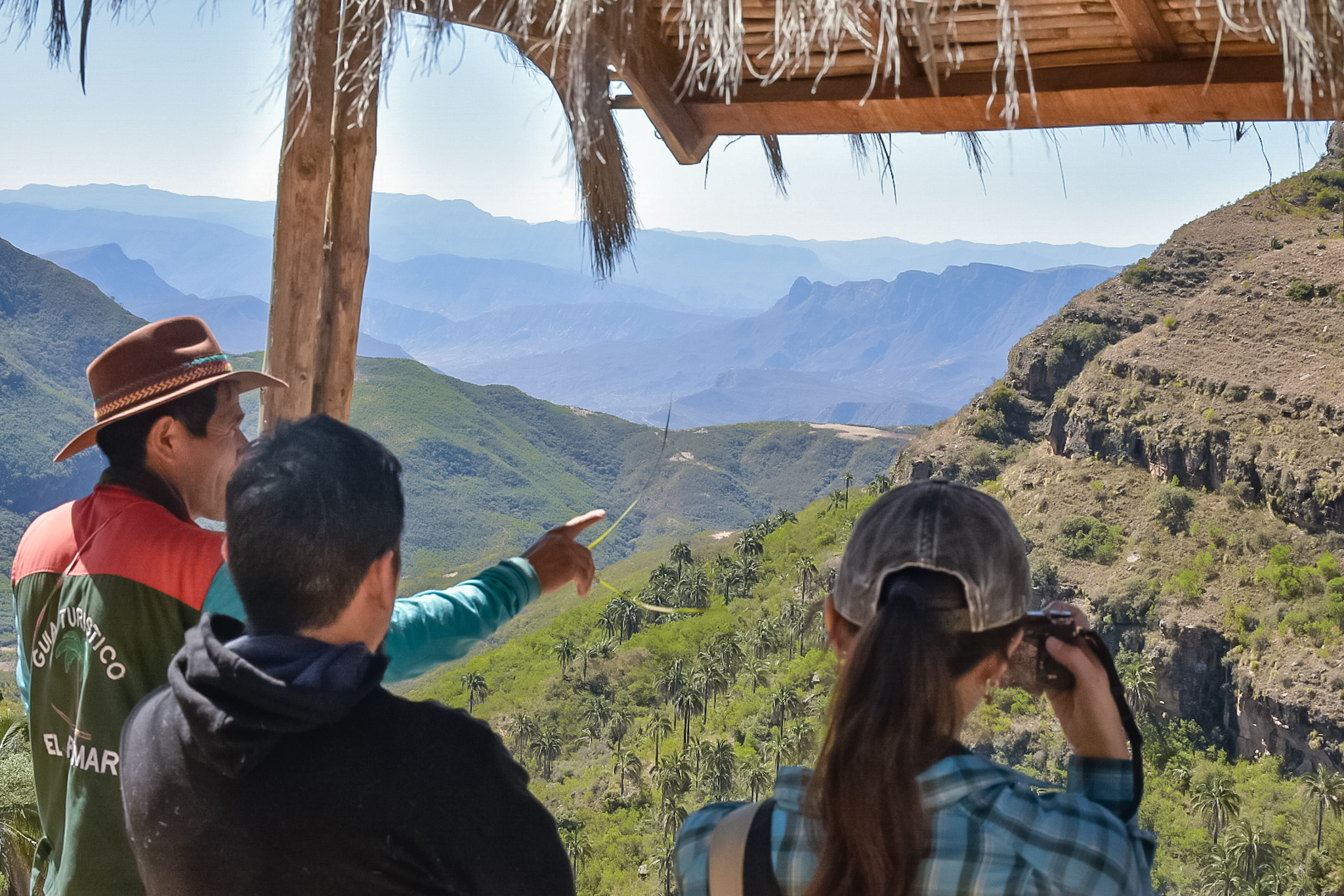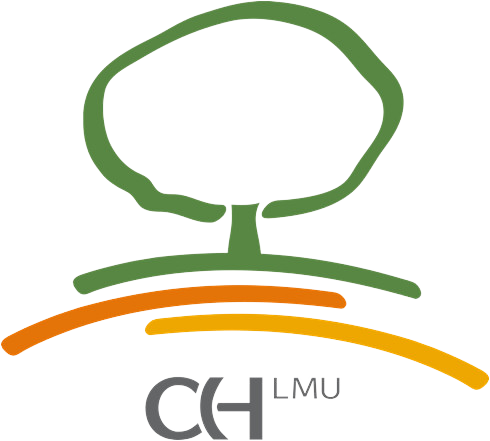Knowledge, attitudes, and practices towards the risk of zoonotic diseases, wildlife trade and wildlife consumption in Latin America

Wild animals are an important and integral part of biodiversity, which in turn ensures the health of humans. They are also a source of known and currently unknown pathogens, some of which have the potential to become pandemic in humans. Deforestation, land use transformations and growing urbanization are causes of an increasing reduction of wildlife habitats. They lead to a closer contact between humans and animals and, therefore a higher probability of pathogens crossing the species boundary.
The project aims to identify knowledge, attitudes, and practices towards the risk of zoonotic diseases, wildlife trade, and consumption in different populations living in urban and rural areas, including indigenous communities, of Latin America. Based on its results, we will develop innovative approaches, according to local context, to educate communities, and co-construct behavioural change approaches to raise awareness and change behaviour in the population. For that, we will apply multi-centered and mixed methods along five work packages (‘WP’):

More information can be found here.

Photo: Hector Ramon Perez
Participants
Maria Teresa Solis Soto
Katja Radon

Caroline Kuhn
Contacts
Dr. Maria Teresa Solis Soto
Email: solis.teresa@usfx.bo
